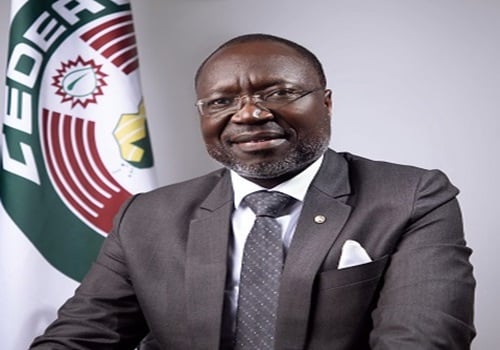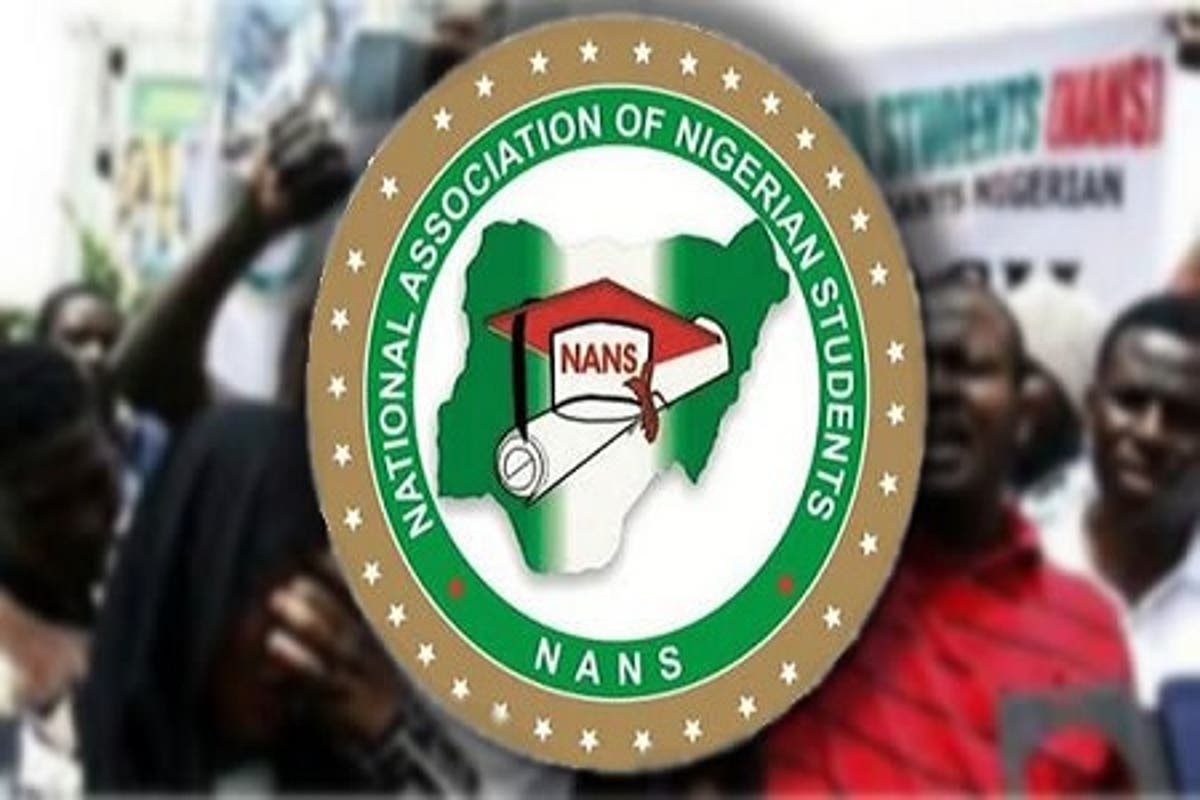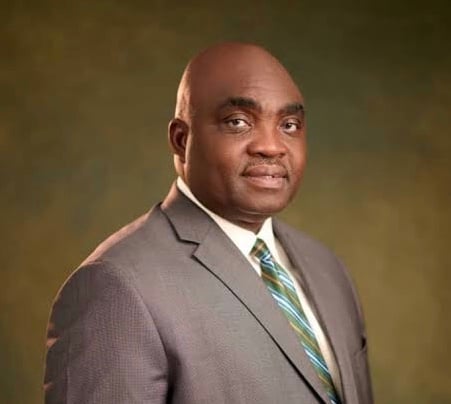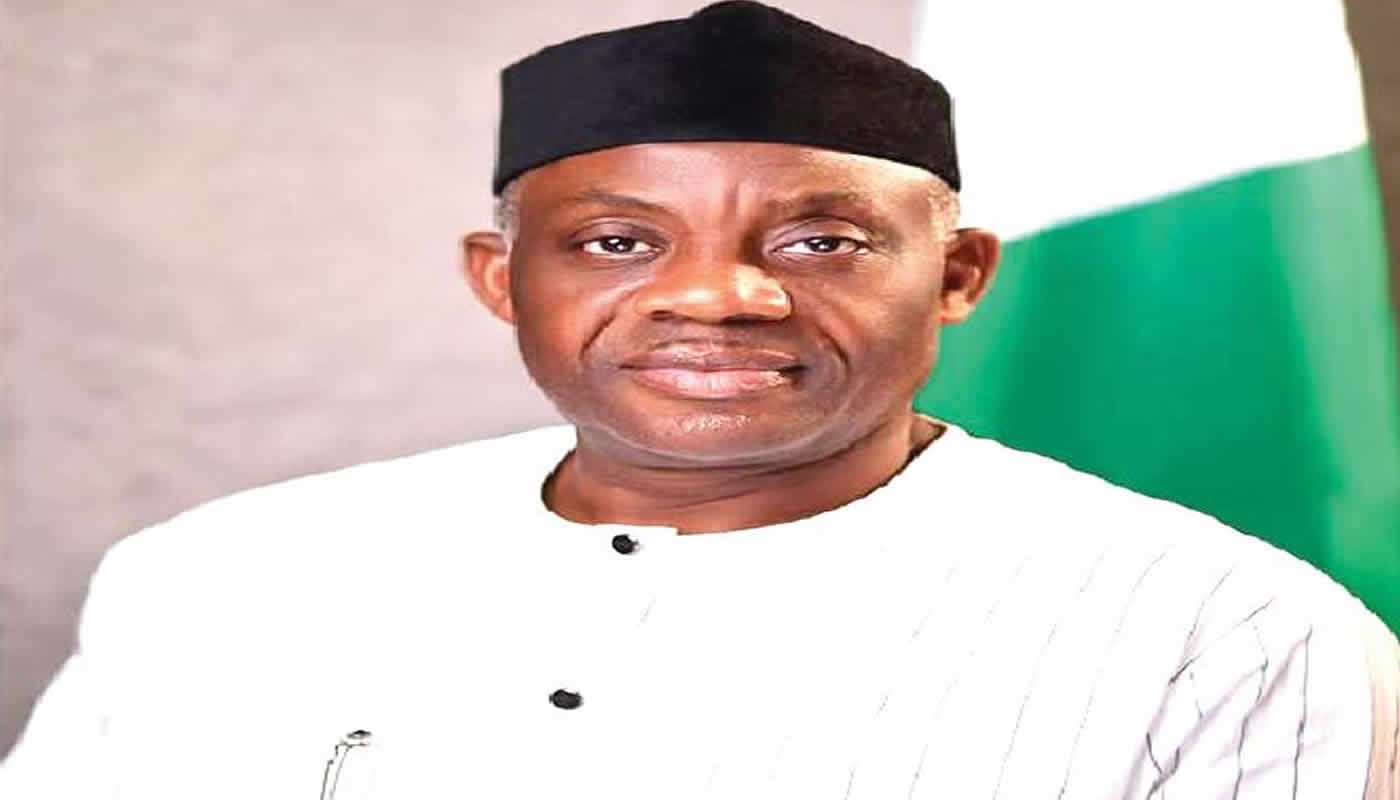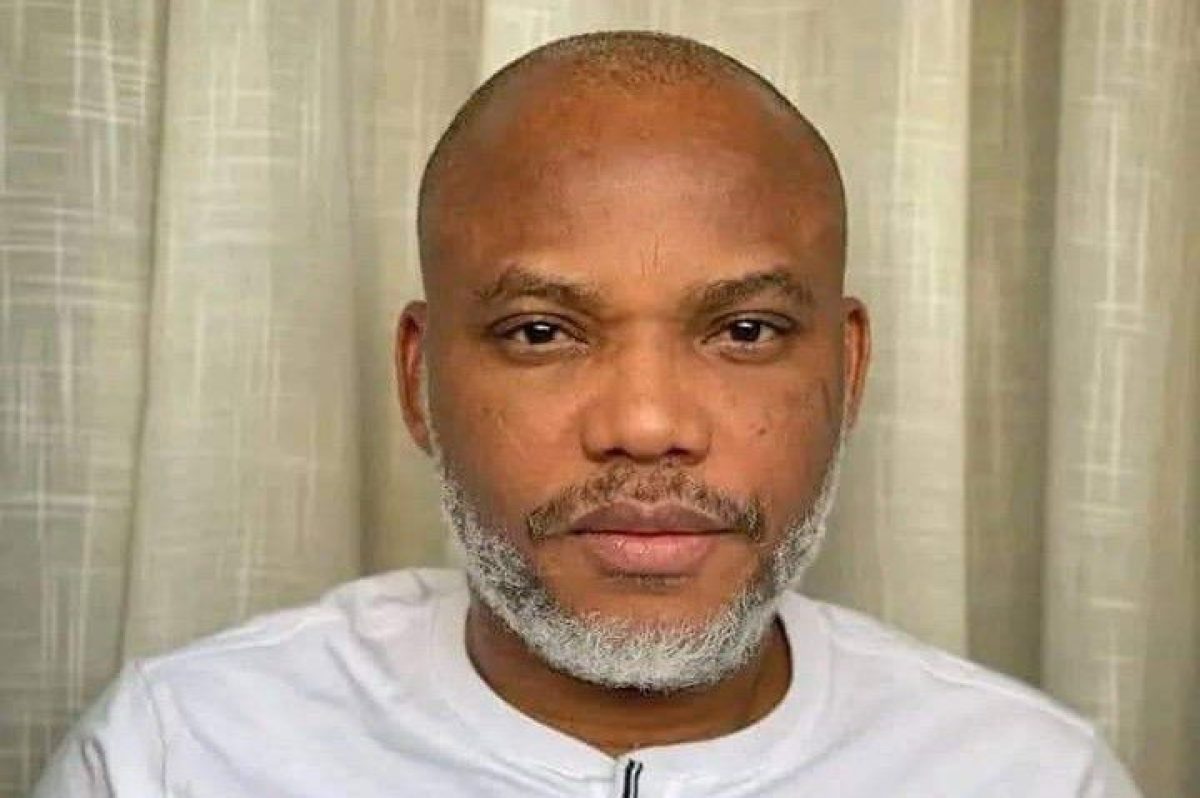As the Economic Community of West African States marks its 50th anniversary, regional leaders and policymakers have called for unity, institutional reform, and renewed commitment to the bloc’s founding ideals amid political and security challenges confronting the subregion.
The African Public Square Debate speaking at Future Proofing Regional Integration in Abuja today, the ECOWAS Commissioner for Political Affairs, Peace and Security, Ambassador Abdel-Fatah Musah, said the anniversary presented a moment for deep reflection, partnership, and renewal.”
Representing the ECOWAS Commission President, Dr Omar Touray, the commissioner commended the collaboration between the Africa Leadership Centre, the Amandla Institute, and the Mandela Institute for Policy and Leadership Advancement, describing the event as a very important public square that promises to help shape ECOWAS’ future course.
Reflecting on ECOWAS’ journey since its founding in 1975 by Generals Yakubu Gowon of Nigeria and Gnassingbé Eyadéma of Togo, Musah said the bloc’s early success lay in uniting diverse colonial and linguistic legacies—Francophone, Anglophone, and Lusophone—into a single regional organization.
He traced ECOWAS’ evolution through three key phases: its founding during the Cold War, its response to post-Cold War civil conflicts in Liberia, Sierra Leone, and Côte d’Ivoire, and its current test amid renewed insecurity and democratic backsliding.
He said West Africa finds itself at a very critical juncture in its evolution. We have a crisis of security and a crisis of democracy today. Democracy is in crisis, and it doesn’t seem like leaders have learned their lesson.
Musah cautioned against what he described as a “hollowing out of competitiveness” in electoral politics, where governments suppress opposition through exclusionary tactics.
“Today’s popular method of capture is by member states eliminating dangerous opponents—whether political parties or candidates—from the electoral process.
“That is one of the reasons some member states decided to leave ECOWAS,” the commissioner noted.
He added that insecurity across the Sahel had worsened, intensifying pressure on the bloc to adapt.
PUNCH/TIMOTHY KAYODE
